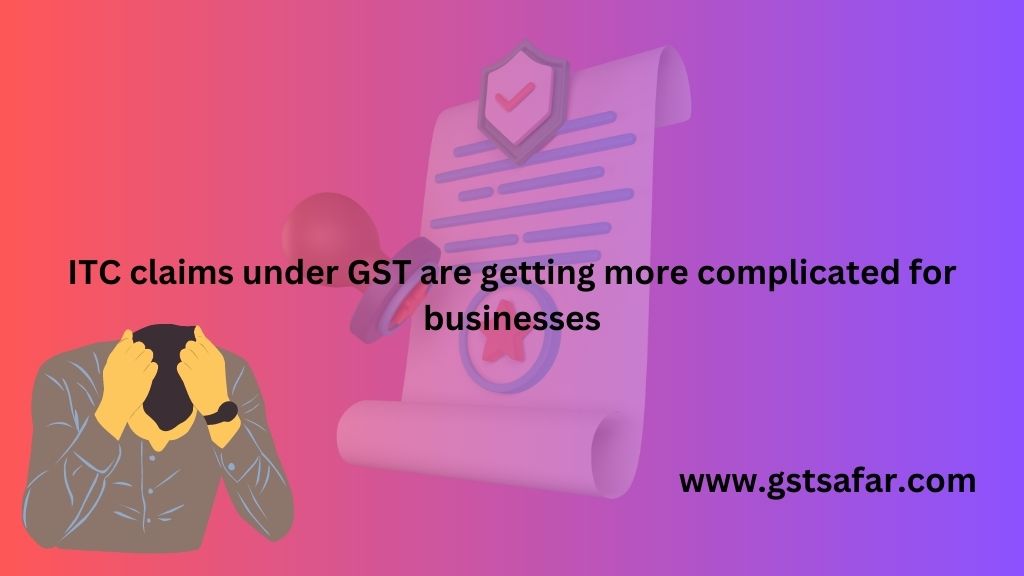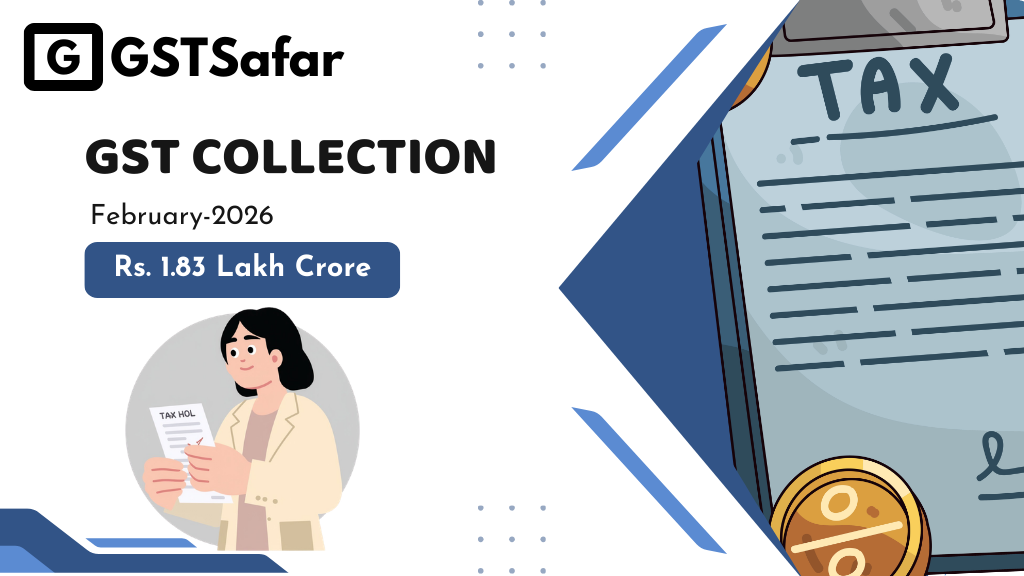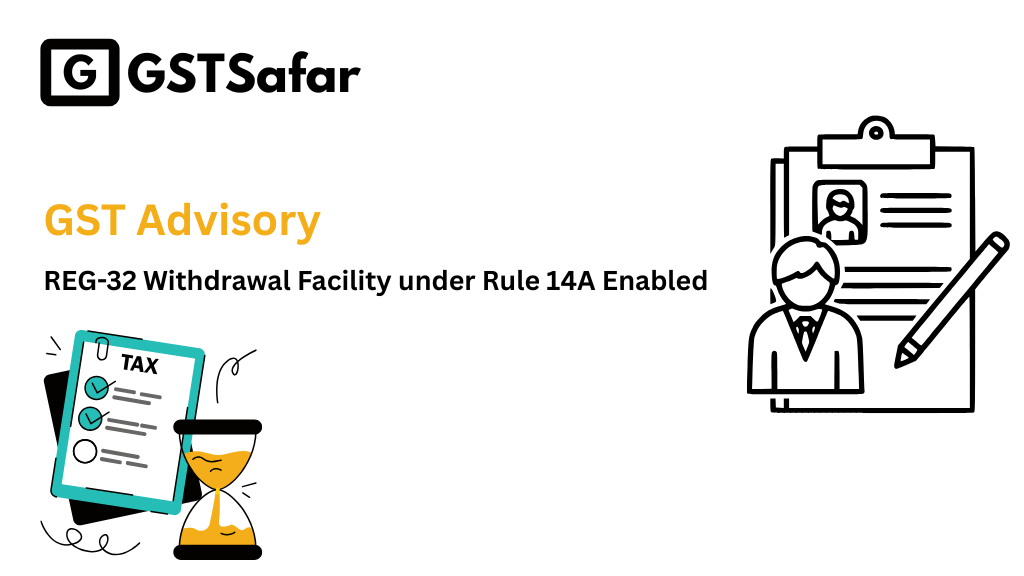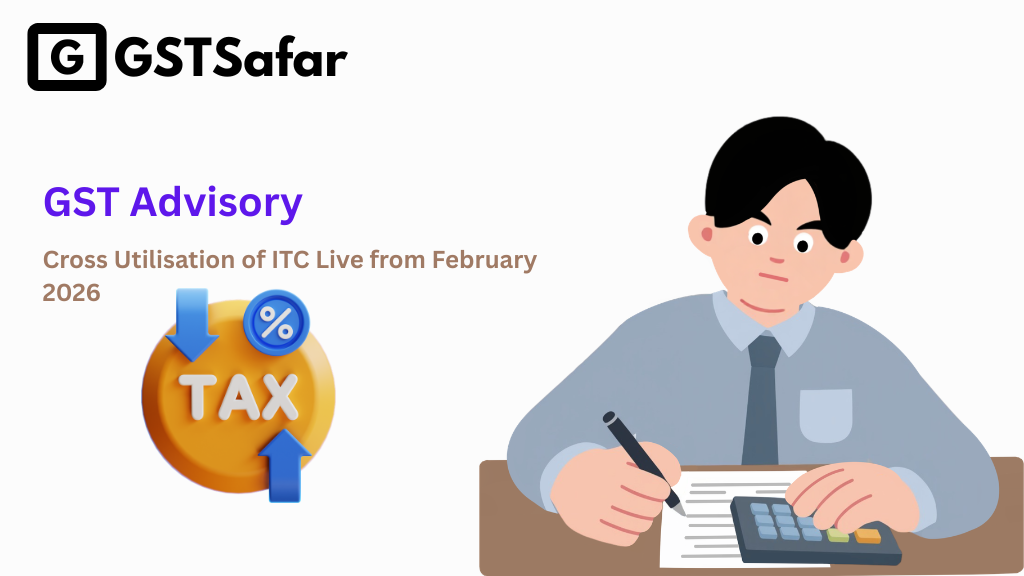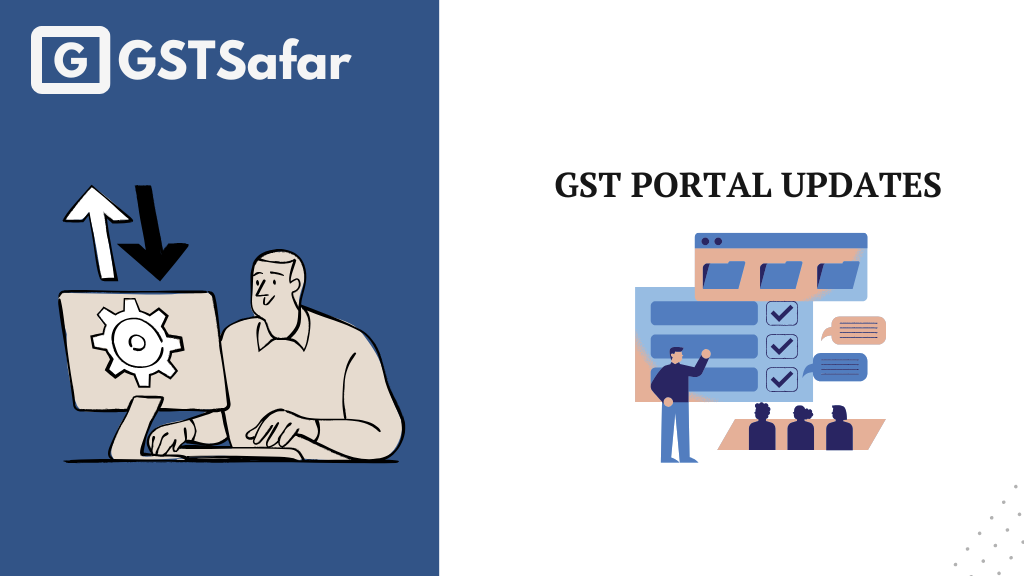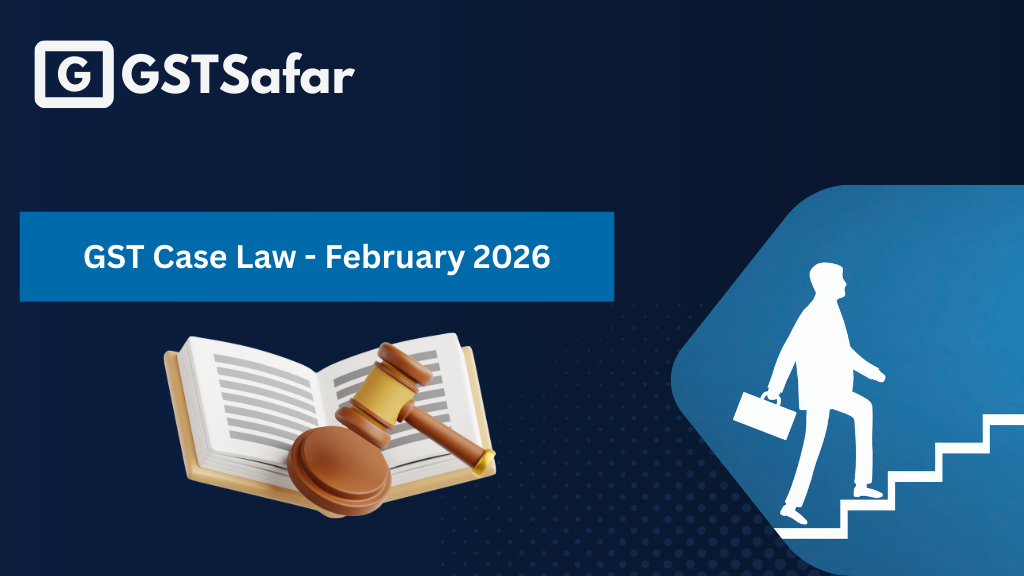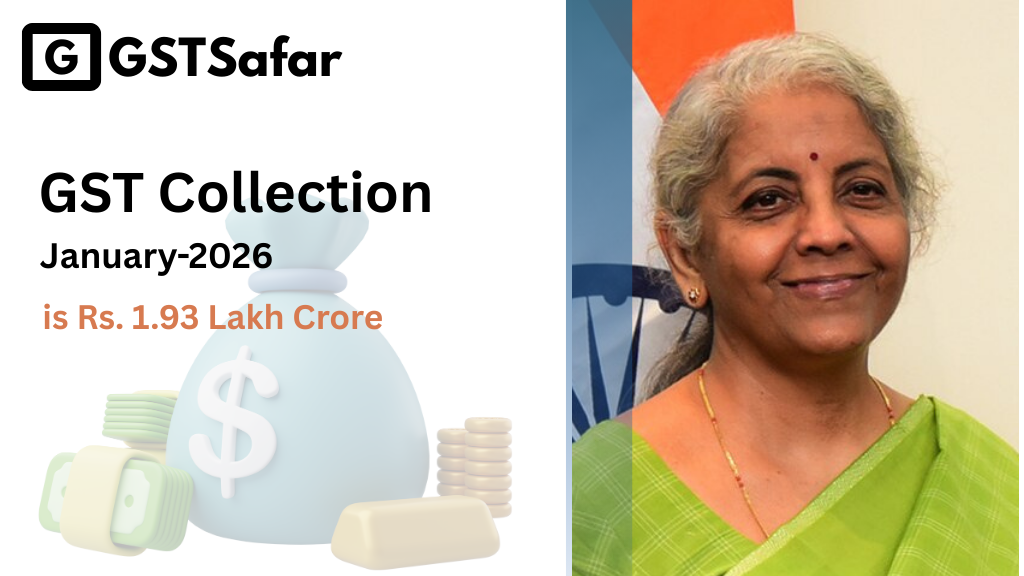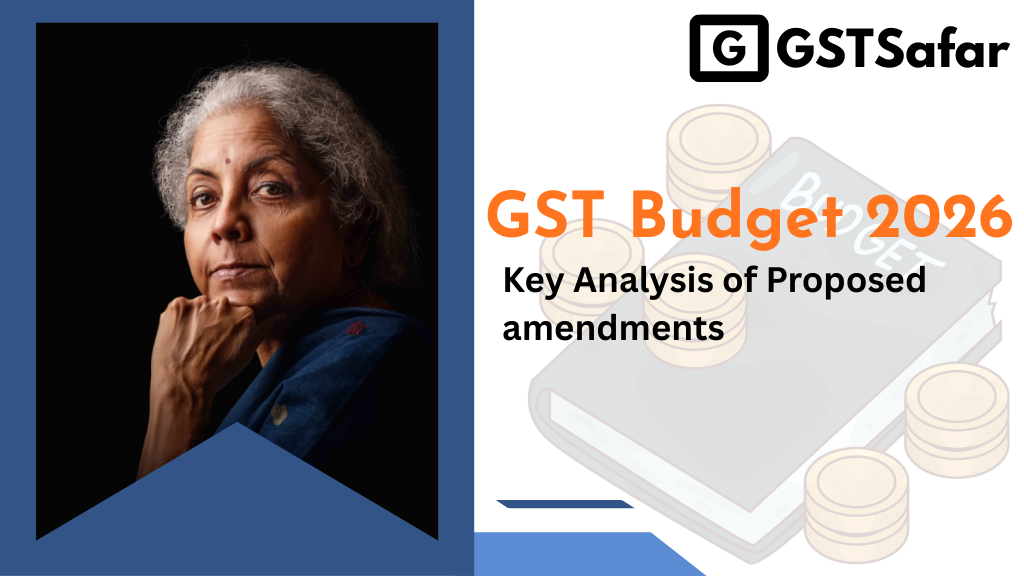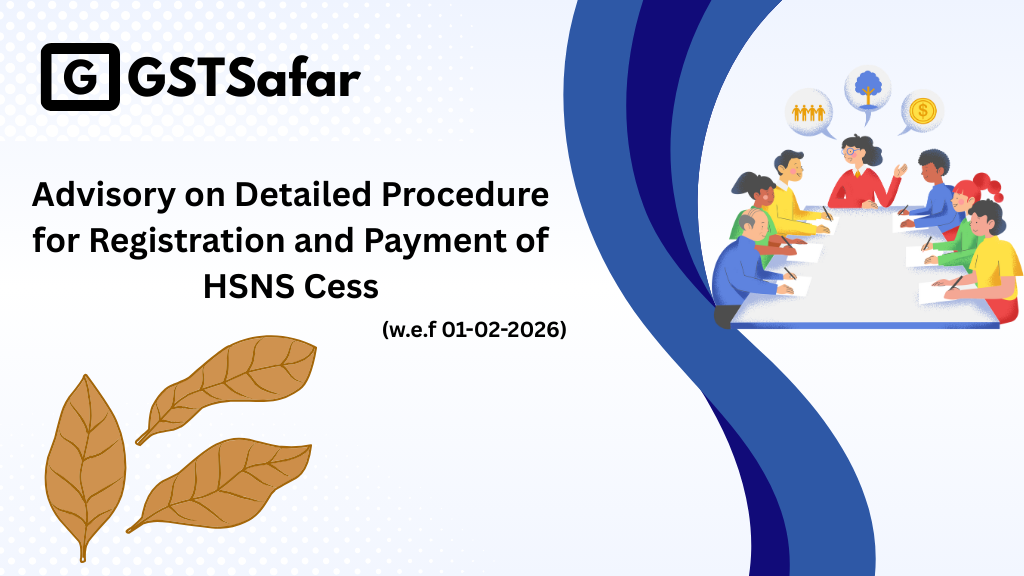Many businesses have been stressed out by the large amount of work that goes into ITC claim under gst act. In recent years, the government has been making changes to the GST law to make it harder for people to get ITCs. The most recent change came through Budget 2023.
You’re used to the current filing system, which doesn’t enable interim ITC claims. The Finance Bill 2023 updated GST laws to match the GSTR-2B’s restricted ITC claims. In the case of zero-rated supplies, Section 54 of the CGST Act eliminated reference to removing any provisional ITC claimed from the accumulated ITC refund amount.
Budget 2023 also prohibited input tax credits for high sea sales and warehoused products before clearance for domestic consumption. Para 8(a) of Schedule III exempts these transactions from GST. An change to Section 17(3) of the CGST Act prohibits ITC on inputs or input services used for such sales.
Section 17(5) of the CGST Act now disallows ITC for GST paid for CSR expenses. These Budget Bill 2023 revisions limit valid ITC claims for some taxpayers, but the government has failed to notify them.
Section 16 was revised to require recipients to repay ITC claimed and interest under Section 50 if they do not pay the invoice value, including GST, to their supplier within 180 days of the invoice date.
Recent ITC reforms and their effects Removing provisional ITC claims has had the biggest impact on Indian firms’ ITC claims. GSTR-2B shows eligible ITC.
Businesses must keep up with regular GST law changes and comply quickly.
ITC requirements require enterprises to reconcile and engage with vendors more often. Companies must reconcile monthly and immediately notify sellers of ITC reporting errors, omissions, or delays. They now block GST payments while releasing invoice payments to secure ITC reporting. They must also automate GSTR-3B ITC eligibility classification.
Increasing ITC difficulties and how current technology automates claims to assist enterprises. Many GST-registered enterprises use manual data reconciliation and vendor communication. Manual processes may limit ITC claims.
Technology has advanced so much that you now have many data import and handling alternatives. Importing GST data from ERP and GSTN requires source sanity checks and validations. It lowers GST reconciliation and filing errors.
Advanced custom logic for reconciling the GSTR-2B with the books of accounts helps you get better matches and saves your team time. The logic can be defined once and operate until a big business process change. AI lets customers select, sort, and contact various non-compliant vendors for ITC reporting. Save time and get the most ITC claims in GSTR-2B before GSTR-3B filing.
Nowadays, auto-blocking GST in vendor invoices helps firms quickly close working capital gaps by coordinating with accounts payable staff.
Advanced technology may help Indian enterprises fill ITC claim loopholes.
Read More News
